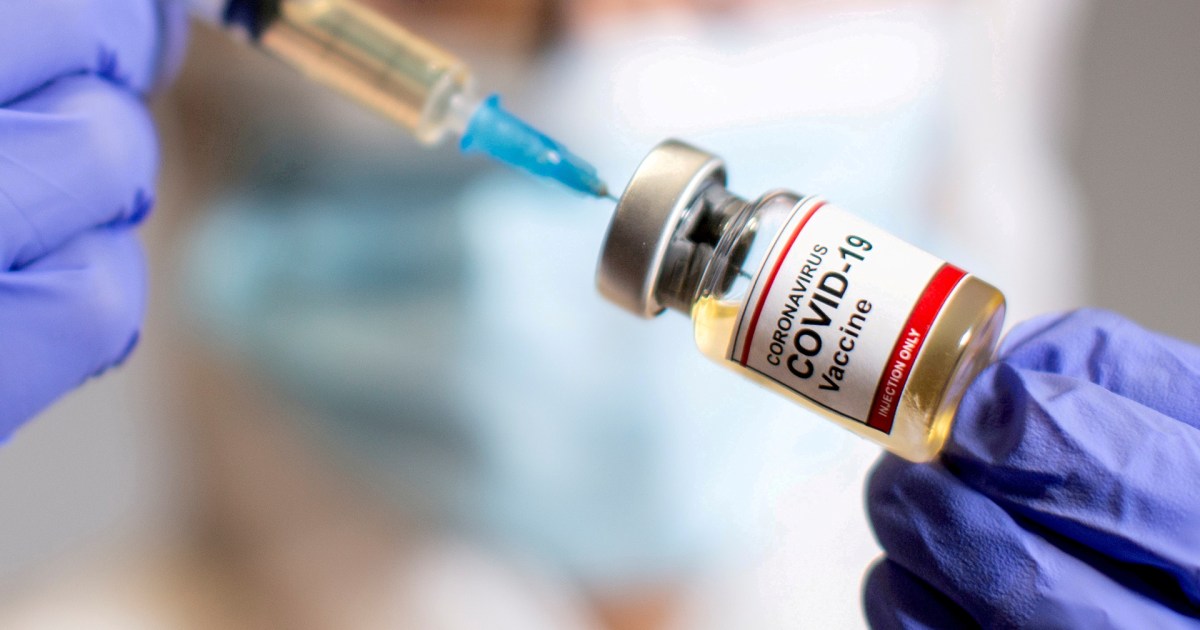As the number of coronavirus cases continues to decline across the United States, people's immunity is likely to decline as well, especially after many studies have found that booster doses, although they were successful in reducing deaths and hospitalizations, their effectiveness against infection wanes.
And the American newspaper "The New York Times" says in a report that, as of now, the only people allowed to take a fourth dose in America are those who suffer from weak immune systems, and these include adolescents and adults who have undergone organ or stem cell transplants. Those who are on chemotherapy for cancer, or those with advanced or untreated HIV/AIDS, or those taking immunosuppressive drugs.
It is difficult to predict when - or if - the US Food and Drug Administration will allow a second booster dose (the fourth dose) for all adults, as the agency will hold an advisory committee meeting next month to discuss the topic.
And while experts say it is reasonable for the committee to move quickly on Pfizer's request to approve a second booster dose for those over 65, it is unclear whether Moderna's more comprehensive request will ever get light. the green.
“We know that people over the age of 65, even if vaccinated, are more likely to die than people under the age of 65,” says Carlos Del Rio, an infectious disease specialist at Emory University in Georgia. If they receive a booster dose."
Perhaps one of the reasons older adults may benefit from a fourth booster dose is that as the immune system ages, it weakens and does not produce the same amount or quality of antibodies as it did previously.
Moreover, older adults often suffer from other medical conditions that grab the body's attention, putting them at greater risk of developing serious diseases, according to Dr. Christian Geibler, an immunologist at Rockefeller University in New York City, who confirms that "diabetes and high blood pressure" Obesity and chronic kidney disease are all risk factors for severe COVID-19... and we know that these usually appear in old age."
In justifying the search for additional booster doses for people aged 65 and over, Pfizer and Moderna relied heavily on evidence from two studies conducted in Israel that indicated that people who received 4 doses of the vaccine were less likely to contract the virus compared to those who received 3 doses. Just.
However, experts caution that the data available is still preliminary, and has not yet shown how long the benefits of the fourth dose will last.

